Beautiful engravings on the rim, the lip and the center, the whole is in good condition, the engravings remain beautiful and clearly visible.
Genuine artifact from ancient Persia, type of piece present in the collections of museums of Islamic art.
On the rim, "botehs" typical of Persian art and medallions, the whole bordered by small serrated friezes, the center chiseled with a large stylized sun.
Beautiful oxidation and light wear of time on a magnificent patina.
Diameter: 18.1 cm (7"), Height: 3.3 cm, weight: 539 grs
The Seljuks or Saljûqids are the members of a tribe Turkic.
This tribe migrated from Turkestan to the Near East before ruling Iran, and then a vast domain.
Their possessions included present-day Iraq and eastern Anatolia between the mid-11th century and the end of the 13th century.
# The art of the Seljuks of Iran is defined as the art produced throughout the eastern Islamic world, between the capture of Baghdad in 1055 and the Mongol invasions at the end of the 13th century.
Nomads of Turkic origin (i.e. from present-day Mongolia), the Seljuks swept across the Islamic world towards the end of the 10th century through eastern Iran (Transoxiana and Khwarezm).
They gradually established their power by playing on the enmities between the various micro-dynasties of the region and seized Baghdad in 1048, effectively ending Abbasid rule, although that they kept a puppet caliph on the throne of Baghdad.
The Seljuks, like their predecessors, saw their power decrease over time, and many small dynasties emerged in the most remote areas. The end of the Seljuk period in Iran is estimated at 1194, although the production of objects dates from the end of the 12th and the beginning of the 13th century.
This end-of-reign production was therefore probably carried out by small independent sovereigns.
FREE SHIPPING FOR FRANCE 0€ / EUROPE 15 € / WORLD 25 €
For all information, you can contact me at 06 13 36 09 30 or at winsteinprovence@gmail.com
www.winsteinprovence.com
( texts, photo credit Winstein, all rights reserved )














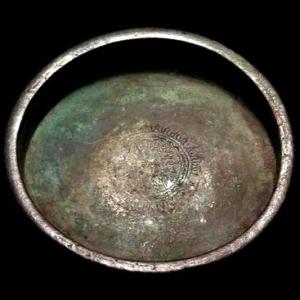














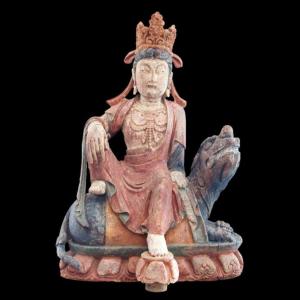




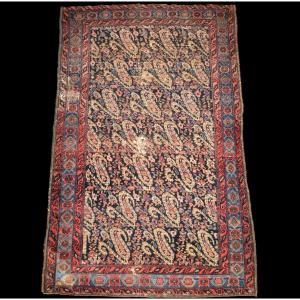

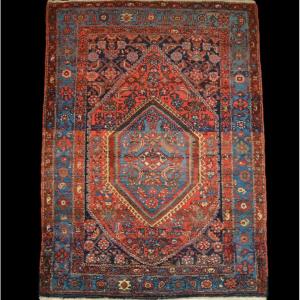




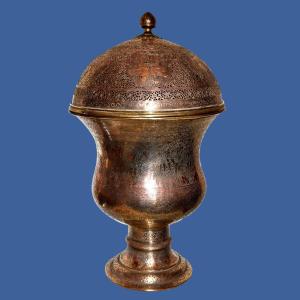


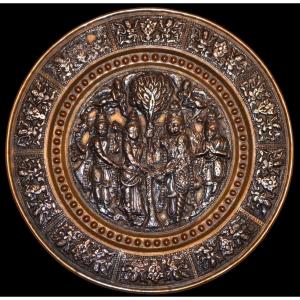





 Le Magazine de PROANTIC
Le Magazine de PROANTIC TRÉSORS Magazine
TRÉSORS Magazine Rivista Artiquariato
Rivista Artiquariato